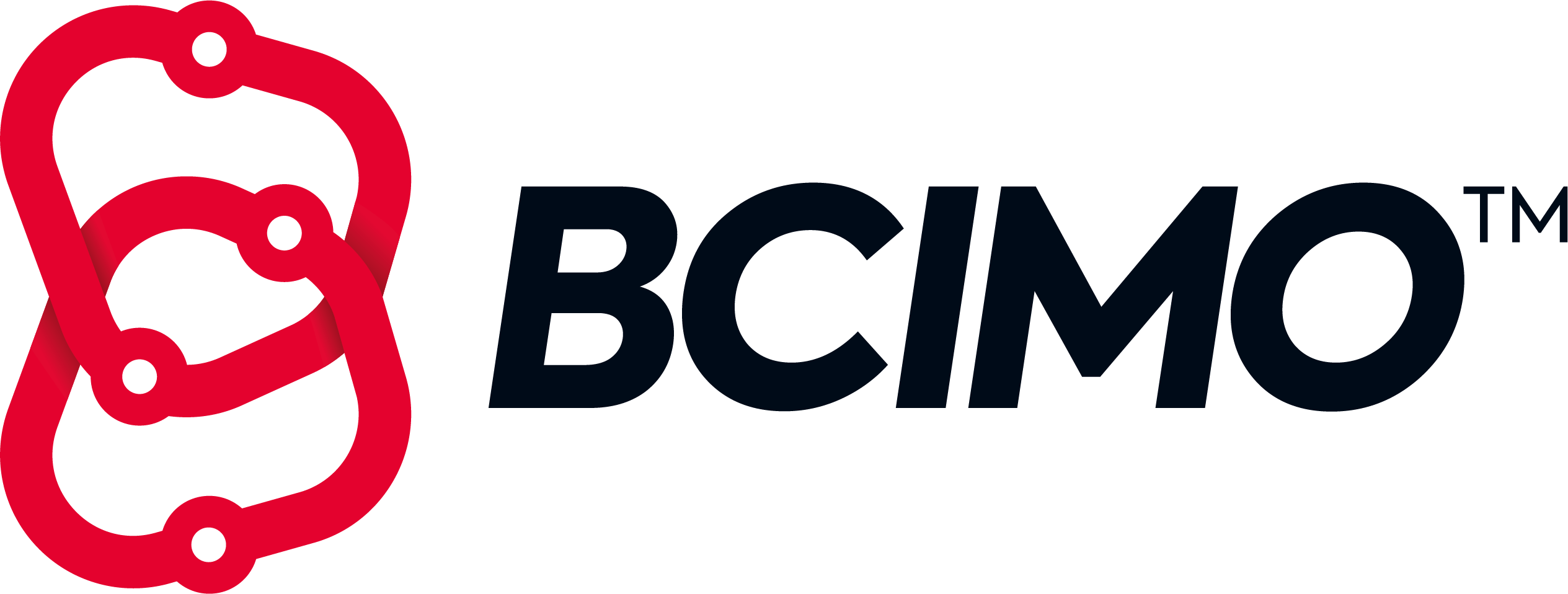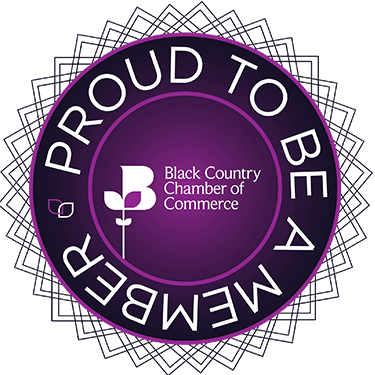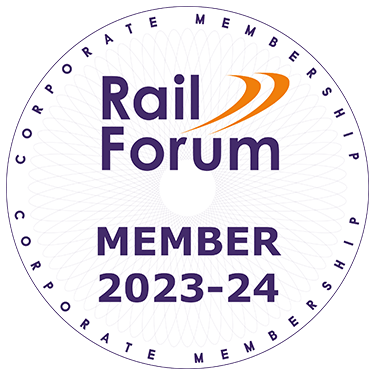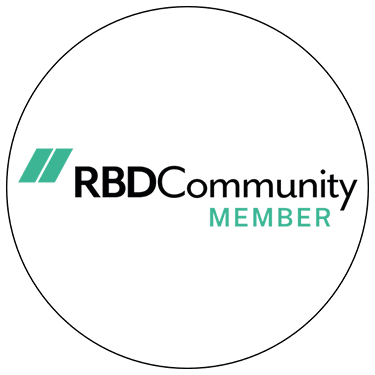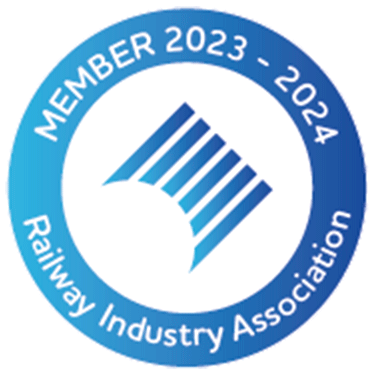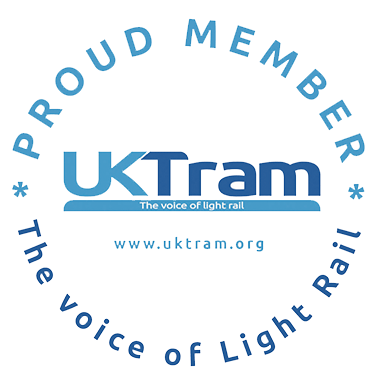clean futures accelerator – cohort 2
cohort 2
The six-month journey for Innovators comprising the second cohort of winners on the Clean Futures Accelerator began on the 19th August 2024, followed by an Insight Day on the 27th to prepare them for the programme and introduce them to members of the team.
The technological innovations developed by Cohort 2 focused on one or more industry challenges identified by lead partner, Connected Places Catapult.
The cohort concluded with an opportunity to showcase their innovations at an exclusive invitation only Demonstration Day, bringing back relevant Industry Partners and Investors to witness progress made and discuss commercialisation opportunities.
For SMEs supported by BCIMO this Demonstration Day took place on the 25th February 2025.
BCIMO SMES
The SMEs being supported by BCIMO on Cohort 2 of the programme are as follows:
Aeroforge
Aeroforge

composite braiding

geospatial ventures
integrated systems engineering
integrated systems engineering

treeva

alucast
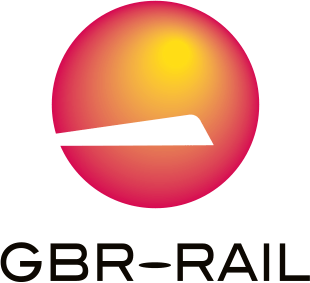
gbr-rail

grinsty rail

moonbility

Vanguard Sustainable Transport Solutions
STAY INFORMED
SIGN UP TO BCIMO NEWS
BCIMO is a not-for-profit Research and Technology Organisation (RTO) and operator of the Very Light Rail National Innovation Centre (VLRNIC), a unique, world-class centre for rail innovation based in Dudley in the West Midlands.

Google Map Location: BCIMO
what3words Address: ///shades.glue.tile
Sat Nav: DY1 4AL
Postal Address: BCIMO, Very Light Rail National Innovation Centre, Zoological Drive, Dudley. DY1 4AW
Email: info@bcimo.co.uk
Phone: 07769 586893
